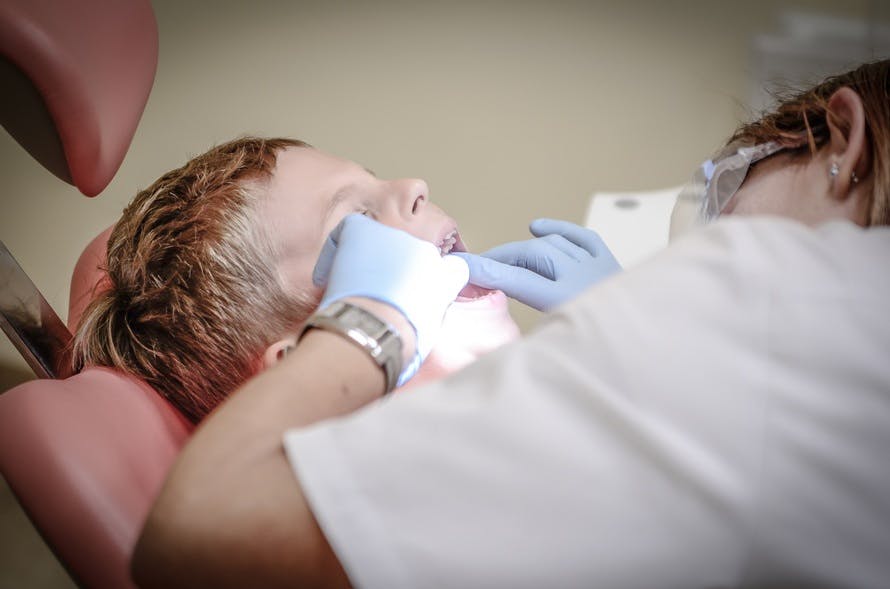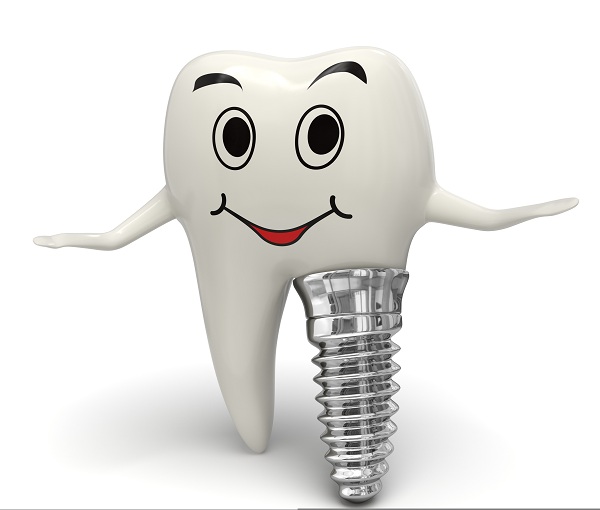
Oral conditions and dental problems can be hard to spot. You may be facing these problems even without noticing the symptoms in your mouth. If a dental condition worsens beyond repair, then you may be advised to get your tooth extracted.
Most people believe that tooth decay is the only reason for extraction. While decay is a major cause of tooth damage leading to extraction, there are other circumstances where it can become necessary. These conditions include chronic periodontal disease, severely broken teeth, injuries, and problems with wisdom teeth.
After a tooth is removed, there are still problems to contend with. In the long term, tooth extraction can lead to weaker jaw bones. As a result, the adjacent teeth may lose their strength. Also, gaps formed by extractions can disturb the overall alignment of your teeth. For these reasons, it’s important to discuss plans for after the extraction with your dentist.
Here are a few points that can familiarize you with the tooth extraction procedure:
1. Extensive Medical History
Before opting for tooth extraction, it is important to share all details regarding your medical condition with your dentist. Along with your medical records, you need to inform him/her about all prescribed and over-the-counter drugs that you take. It is best to add the names of vitamin tablets and health supplements to the list as well, just to be on the safe side. Interactions between drugs, or your body’s own atypical reaction to specific drugs, can interfere with the treatment. Knowing these details will help your dentist plan the extraction.
2. Pre-Treatment Exam
After you are prescribed a tooth extraction, an X-ray of the area will be taken to understand the alignment of your teeth. This will help the surgeon to plan the best way to remove the tooth. In case of wisdom teeth, a panoramic X-ray helps to understand the connectivity of the wisdom teeth with the rest of your mouth. Your dentist will plan the extraction in such a way that it doesn’t harm other important structures in your mouth.
3. Selecting the Type of Extraction Procedure
Depending on the exact position and condition of the tooth to be extracted, you may need a simple or a surgical extraction. Most simple tooth extractions can be performed under local anesthesia by general dentists. The dentist may loosen the tooth using an elevator, and will then remove the tooth with forceps by gently rocking it back and forth to loosen the connective tissues.
For surgical extractions, your dentist may use general anesthesia along with local anesthesia on the impacted region. The surgeon will make a small incision into your gum to loosen the tooth and remove it without damaging the nerves and bone around it. It is best to choose an experienced oral surgeon for surgical extractions. Some of the leading oral surgeons in the country are a part of this Boston dental practice. They can help you understand the risks involved in undergoing this procedure.
4. Wrapping Up the Procedure
Your dental care does not end at tooth extraction. Once the tooth is removed, your dentist will ask you to bite into gauze piece for about half an hour. This is because the cut in the gum bleeds profusely, and does not form a scab easily. The pressure created by the gauze will allow the blood to clot faster.
You may experience bleeding for the next 24 hours. Remember not to poke the clot with finger or any other object, as this will delay the healing process. Avoid rising your mouth or using a straw to consume fluids, as this may dislodge the clot.
5. Care after Tooth Extraction
After the extraction procedure is completed, your dentist will provide a diet chart to follow for the next couple of days. He/she may also guide you with teeth cleaning techniques that you will need to practice.
It is important to keep your mouth clean at all times to avoid infection. You should be able to continue brushing your teeth normally after the impacted area has healed entirely. If you had stitches during the extraction procedure, then you may need a follow-up appointment with your dentist to have them removed.
Oral health cannot be ignored. If dental problems remain untreated, they may lead to chronic diseases in the body. Tooth extraction is generally a last resort, but if you need one, don’t put it off. With proper care during and after the procedure, a tooth extraction can be a step in the process of returning your mouth to full health.
(Image Source)




